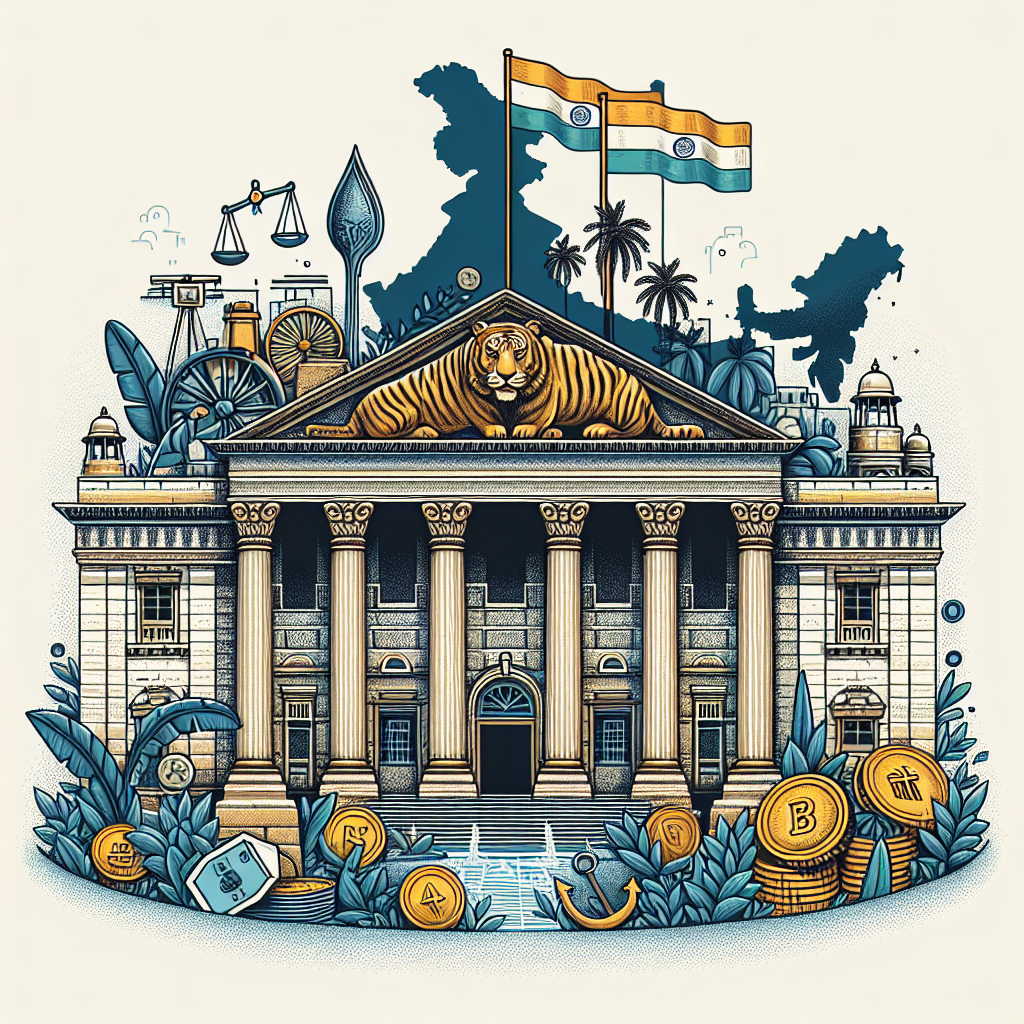Rethinking India's Inflation Targeting: Exclude Food Prices, Urges Economic Survey
The Economic Survey 2023-24 suggests that the Reserve Bank of India should exclude food inflation while setting interest rates. It also recommends the government provide direct cash transfers or coupons to assist the poor with high food prices. The report highlights the need for administrative actions to mitigate food inflation.

- Country:
- India
The Reserve Bank of India (RBI) should stop considering food inflation when deciding interest rates, according to the Economic Survey released on Monday. Instead, it suggests that the government should provide coupons or direct cash transfers to the poor to cope with rising food prices.
While India's overall inflation has moderated recently, the RBI has maintained its benchmark interest rates due to persistent food inflation. The current framework mandates the RBI to keep retail inflation at 4%, allowing a 2% margin. This policy decision is based on the consumer price index, which includes various categories like food, fuel, and manufactured goods.
The Economic Survey 2023-24 emphasizes that high food prices are often supply-induced rather than demand-driven. The Survey recommends that India's inflation targeting framework should exclude food prices. It also calls for direct benefit transfers or specified purchase coupons to alleviate the impact of high food prices on low-income consumers.
(With inputs from agencies.)










